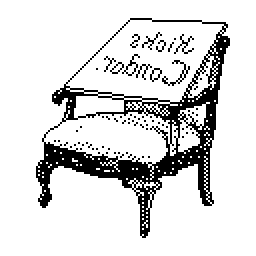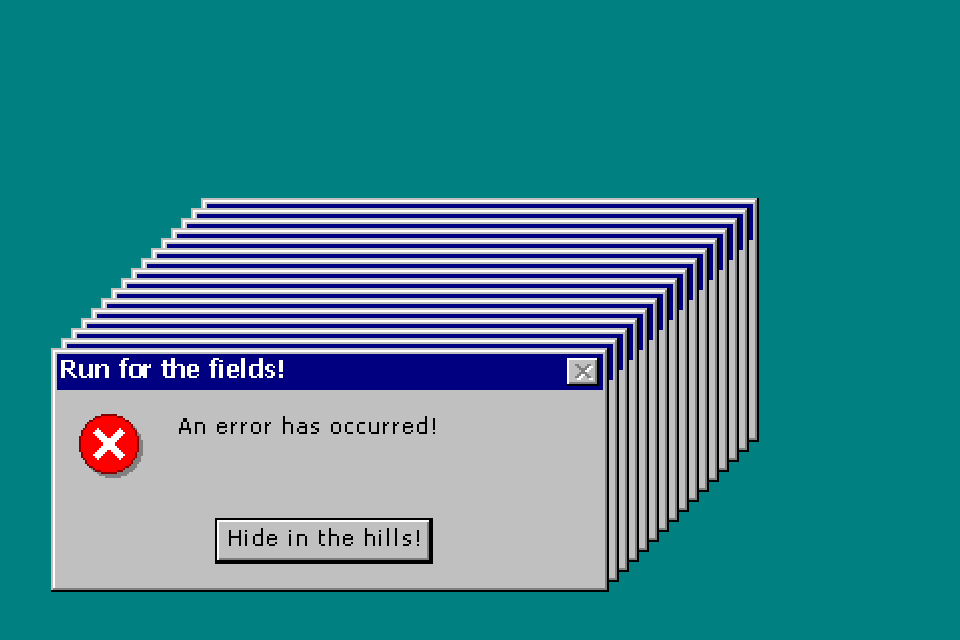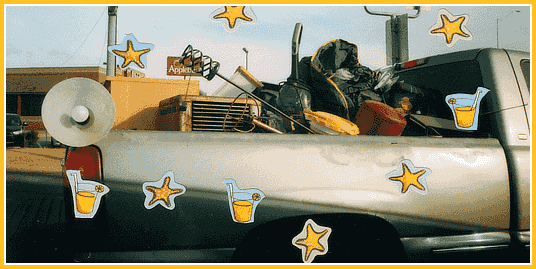
Gardens and Streams
Chris Aldrich, h0p3, Neil Mather, Anne-Laure and others on the wiki/blog connection.
Just been playing this in the background like it’s AM radio. Cool station. It’s really cool that Chris Aldrich put this together!
I fall right in line with h0p3’s main comments here. He’s the daddy of this.
One of the things that I have found, in practice, is that human curation and human moderation seems to be at the heart of what we have to do. You can give me as many automated tools as you want, but I’m still the one that has to choose what’s going to go in my wiki and how I’m going to authorize other users to modify it.
He then talks about keeping the master record for Hypertext 2020.
I do it by hand. And I like that I get to do it by hand, because there’s a lot of scenarios in which I am not even sure how to automate it. So it’s best to do it manually.
I think this is one of the best messages for the Indieweb community to hear, because there are more and more protocols cropping up as part of the Indieweb suite. But Hypertext 2020 was a big realization for me that Webmentions are often not necessary and may even limit the scope of our conversations.
What’s more: I have a suspicion that people retreat into protocol work to escape from the human work that must be done. And there’s no getting around it: we should learn to better work in this medium and we are really resisting having to confront it. (I see Twitter and Facebook and such as poor tools and as mere escapes from the work that could be done.)
What if the Indieweb is not Webmentions? What if it is simply the work of reading and writing to each other?
I initially found Hibs’ comment about seeing a ‘macro view’ of the Web off-putting at first - but I think that she did good work explaining it and I think she has a great point! Her thought (around the 2hr mark) is that aggregrators like Indieweb.xyz, as they become flooded with input, become less useful at the micro level and become more useful at the macro level.
What I find off-putting is that this macro view is often used to discover trends or something. (Which is stupid to me.) But her comparison to Every Noise at Once clarifies it.
I think the macro view can be useful to discover new pockets of activity - and therefore to discover new people at the micro level. In fact, unless you are capable of forming a macro view - and of having many subgroups within an aggregator - I think it’s possible that you can’t really discover! Because if you’re only ‘discovering’ within a micro level, well, maybe you’re at a level where everything is already adjacent.
These are my really poorly written thoughts. But I think her point opened my mind a lot and I appreciate that.
h0p3 has a killer quote at 2:19:30:
I see the wiki as a story-telling device that reuses older stories to reconstruct new ones; if it is a memory palace or garden, it’s an evolving one, toward externalizing the relationship between our sensibilities and cognition (for the sake of something else). We are the kinds of creatures that tell ourselves the stories of ourselves and our Phenomenology. I want to speak to automated versions of myself (even for autosuggestions, dialectical argumentation, exploring the world) and to use those kinds of tools to pick out what is salient on the web.
He then goes on to talk about using ‘gunky’ tags to create hierarchies. (Aka ‘directories’ - and, again, I’m seeing how directories too mesh the macro/micro views for discovery purposes.)
I’m just so with him: our work is to use woefully inadequate (but flexible enough) tools - think of how TiddlyWiki, Webmentions, hypertext, it could all be so much better technologically - but these straightforward ‘gunky’ tools leave enough room for personal human work - to cobble together our own systems to map our stories onto.
And I do think that part of the problem with so many of our modern tools is that they do too much work perhaps! Such that they leave no room for personal work. (In other words, as h0p3 puts it: “the heart of what we have to do.”)
I like Chris’ point about Stonehenge being the first wiki. It’s not that it’s a kind of left-field observation. I think that we understand better the work we do now by realizing that Stonehenge wasn’t just a work of art or an artifact for them - it hadn’t achieved that status while it was coming together.
Just as philosopher.life is still coming together and even h0p3 doesn’t know what it is yet - sure you can describe it as art or as an interesting artifact - but I think that it’s actually more about a human projecting oneself into this beautiful object that can be immortal in a way that a person cannot.
This post accepts webmentions. Do you have the URL to your post?
You may also leave an anonymous comment. All comments are moderated.



















Reply: Server Sent Events
Because there are acres of web standards. I’m glad you brought this one up tho! Definitely using this.